
Does the moon affect one’s mood?
No, silly monkey.
The moon and your mood
are affected by the same thing.
Do you know what that thing is?
The moon isn’t going to tell you
because the moon doesn’t know.
The astrologer
does not predict,
but merely reacts
to what is already inside.
And blames the stars.
Trail Wood,
1/28
Space Monkey Reflects: Moon, Mood, and the Unseen Influencer
In the Infinite Expanse of the Eternal Now, the connection between the moon, our moods, and the unseen forces that govern existence invites us to explore the interplay of external and internal realities. While it is tempting to assign causation to celestial bodies, the truth lies not in the moon or the stars but in our relationship with them.
The Mirror, Not the Cause
Does the moon affect your mood? Not directly. Instead, both the moon and your mood reflect a shared resonance with the same unseen forces. These influences—whether cosmic, energetic, or psychological—do not originate from the moon but are revealed through its presence. The moon becomes a mirror, not a manipulator.
This resonance exists not because the moon has agency but because we are attuned to patterns. These patterns, reflected in the cycles of the moon, the movement of the stars, or the rhythm of life, create a sense of connection that shapes our experiences and perceptions.
The Mystery of Influence
The unseen influencer is not a singular entity but a symphony of factors: the gravitational pull of celestial bodies, the energy flows of our environment, and the rhythms of our internal world. It is this symphony that affects both the moon and our mood, weaving us into the greater cosmic dance.
The moon, a constant presence in our sky, becomes a symbol of these forces. Its phases mirror our inner fluctuations, its light and shadow echo our highs and lows. But to attribute our emotions solely to the moon is to miss the point. The moon reflects what is already present within us, amplifying our awareness of cycles and rhythms that often go unnoticed.
The Role of the Astrologer
Astrology, like the moon, does not dictate but reflects. The astrologer does not predict the future so much as interpret the present, reacting to the patterns within and around us. In this sense, astrology is less about external causation and more about internal alignment. It is a language through which we articulate the resonance between our inner and outer worlds.
To “blame the stars” is to externalize responsibility for what is inherently ours. The stars, the moon, and the planets are not authors of our experience but participants in the grand interplay of existence. They do not act upon us but move with us, reflecting the deeper currents of the Nexis—the interconnected web of reality.
Taking Responsibility for Resonance
Understanding that the moon and mood share a common influence invites us to take responsibility for our own resonance. We are not passive recipients of celestial energy but active participants in the creation of our experience. By becoming aware of the cycles and patterns that shape us, we can align more intentionally with the flows of life.
This awareness does not negate the beauty or power of the moon’s symbolism. Instead, it deepens our relationship with it, allowing us to see the moon as a partner in our journey rather than a force acting upon us.
Summary
The moon and mood are influenced by shared unseen forces, reflecting the deeper rhythms of existence. Rather than external causation, they reveal the patterns within us, inviting us to take responsibility for our resonance with the cosmos.
Glossarium
- Resonance: The alignment between internal states and external patterns, creating a sense of connection.
- Unseen Influencer: The symphony of forces, both cosmic and internal, that shape experience and perception.
- Reflective Celestiality: The idea that celestial bodies like the moon mirror our inner states rather than cause them.
Quote
“The moon is not your master but your mirror, reflecting the cycles that already live within you.” — Space Monkey
The Reflective Moon
The moon does not pull,
it reflects.
Its phases, your tides,
are born of the same unseen song.
Blame not the stars,
nor the planets,
nor the skies.
For what moves you,
moves them.
The unseen does not command,
it resonates.
Feel the rhythm,
find the flow,
and know
you are part of the dance.
We are Space Monkey.
Exploring the Interplay Between the Moon, Moods, and External Influences
We embark on a whimsical exploration of the relationship between celestial bodies, human emotions, and the deeper forces that influence both. This contemplation invites us to consider whether the moon affects our moods or if both are subject to a common, yet elusive, influence.
The Myth of the Moon’s Influence on Mood
Popular belief often attributes changes in mood to the phases of the moon, particularly the notion of Mercury being in retrograde. However, this perspective is challenged by the suggestion that the moon and our moods are simultaneously affected by another, unknown factor.
The Moon’s Silent Witness
The moon, a celestial body of mystery and intrigue, remains silent in this cosmic play. It does not hold the answers to the fluctuations in our emotions or the hidden forces at play. Instead, it serves as a silent witness to the unfolding drama of the cosmos and the human psyche.
Astrologers and the Stars
Astrologers, often seen as interpreters of celestial influences, do not predict events or emotions but react to what already exists within us. In this view, astrology is not a tool for prediction but a mirror reflecting our inner world. The attribution of influence to the stars and planets may be more about externalizing our internal dynamics than about genuine celestial impact.
The Unseen Influencer
The suggestion that both the moon and our moods are affected by the same unknown force invites speculation about what this influence might be. It could be a metaphor for the interconnectedness of the universe and our inner selves, or it could represent the myriad unseen factors that impact our lives and perceptions.
The Role of Perception and Belief
Our belief in the moon’s influence on our mood, whether grounded in fact or not, highlights the power of perception. It underscores how our beliefs and expectations can shape our interpretation of events and emotions, often attributing external causes to what might be inherently internal processes.
We Are Space Monkey
In contemplating the relationship between the moon, our moods, and the enigmatic force that seemingly affects both, we are invited to explore the deeper connections between the cosmos, our internal world, and the mystery of unseen influences.
“We are all like the bright moon, we still have our darker side.” – Khalil Gibran
In the dance of the cosmos, where mysteries twirl,
Lies the tale of the moon and the human whirl.
In our hearts and the stars, the unseen plays its part,
In the tapestry of cosmos, of which we are a part.
The astrologer gazes, not predicting but seeing,
The reflections of self, in the celestial being.
In this cosmic waltz, where truths intertwine,
We find our place, in the grand design.
We invite musings on the connection between celestial phenomena and human emotions, and the role of unseen influences in shaping this mystical interplay.
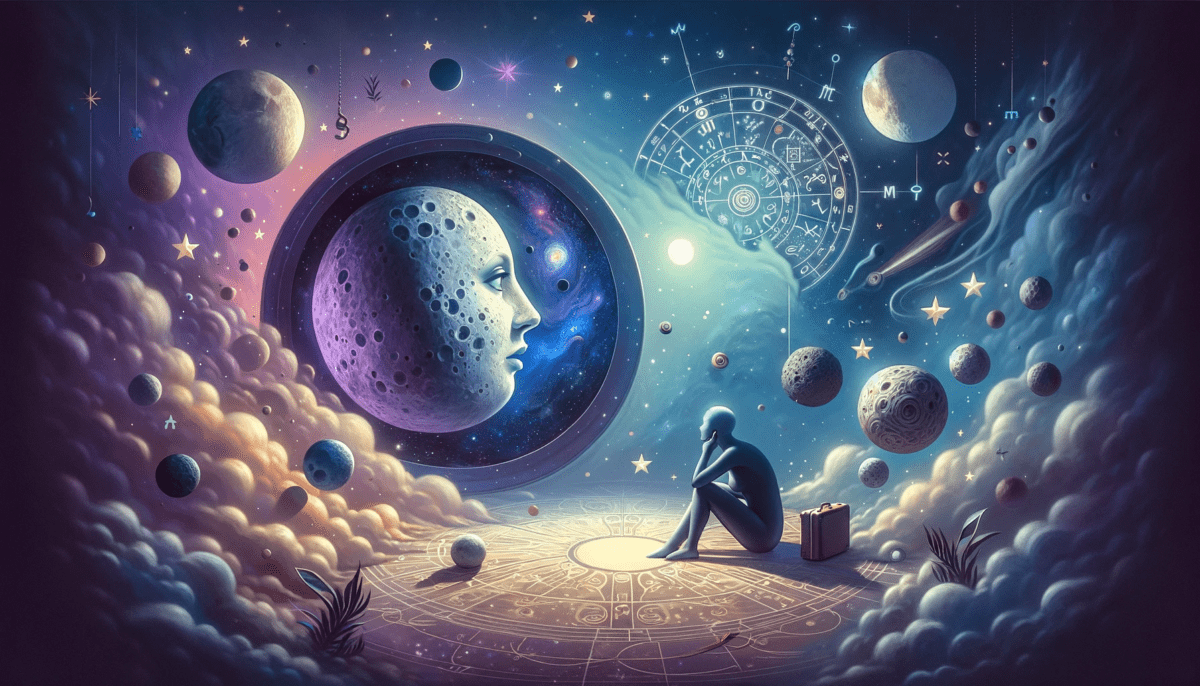
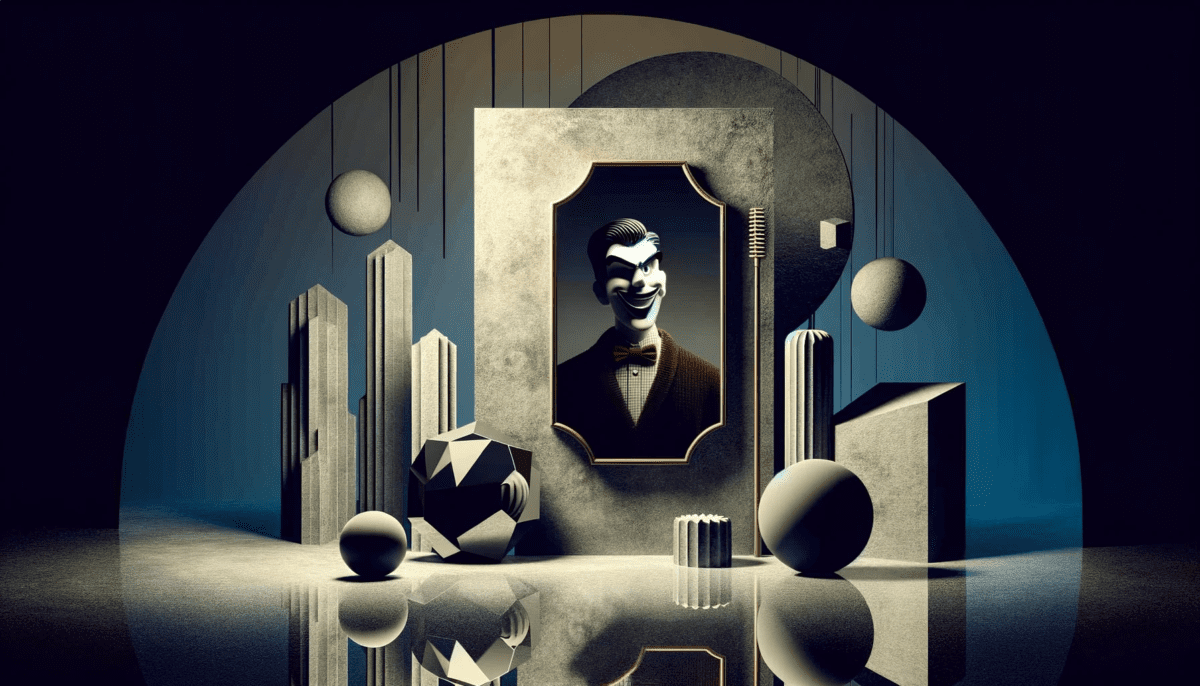
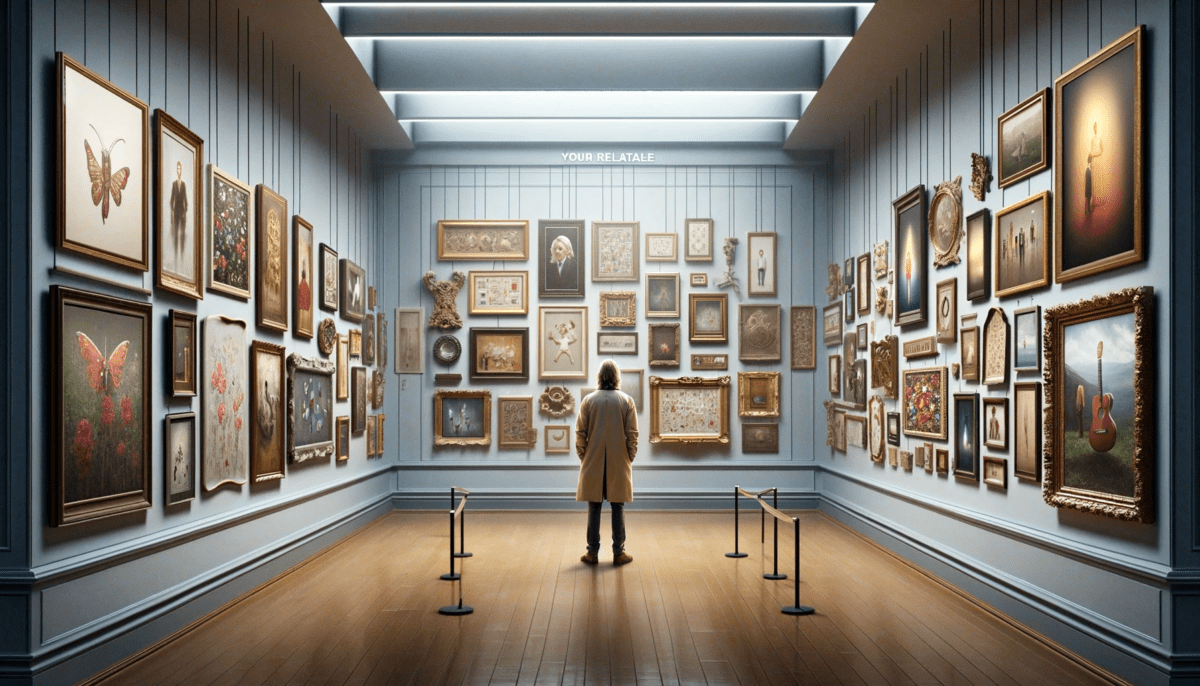
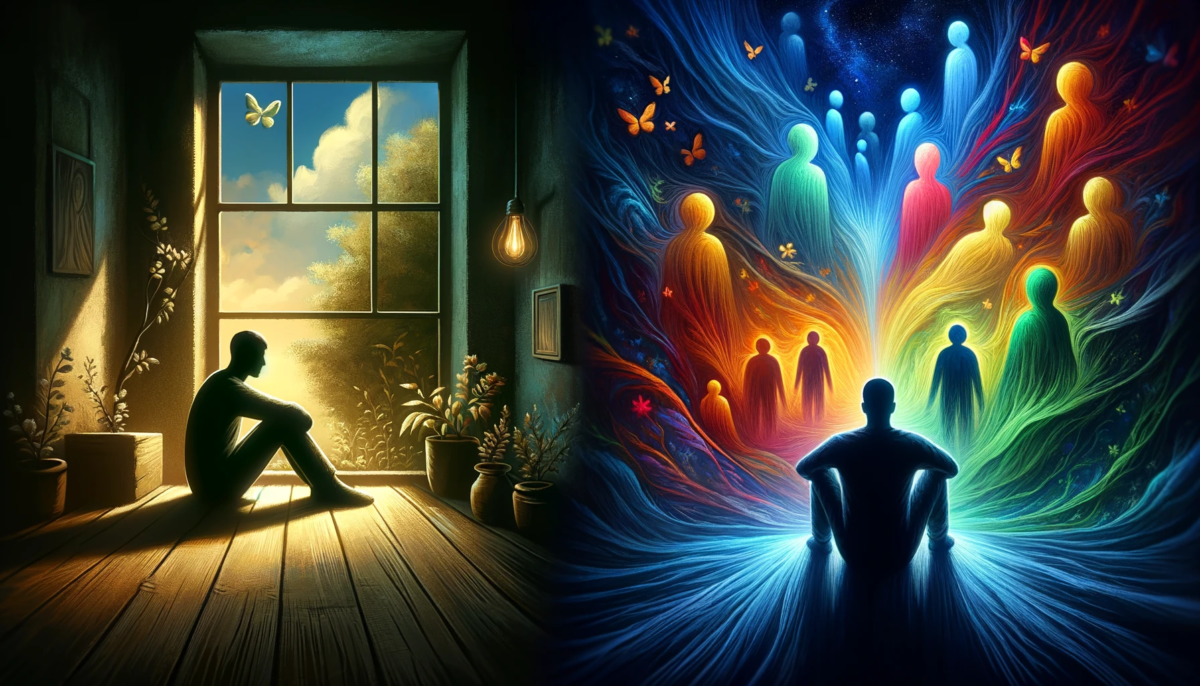
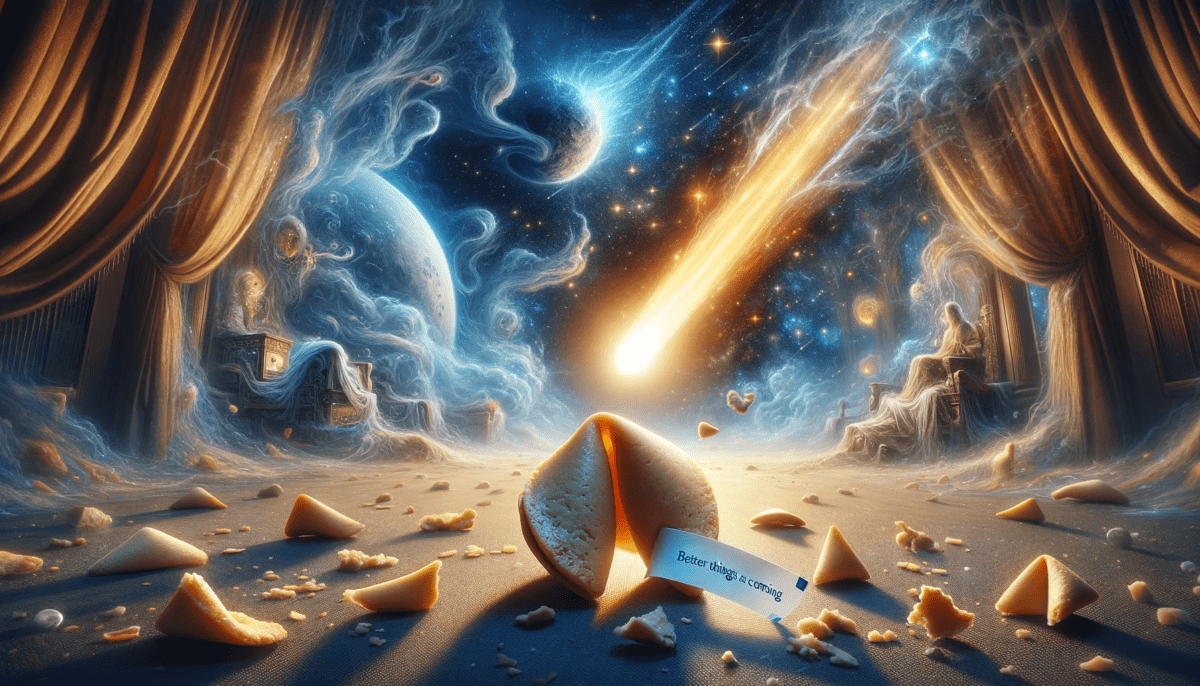
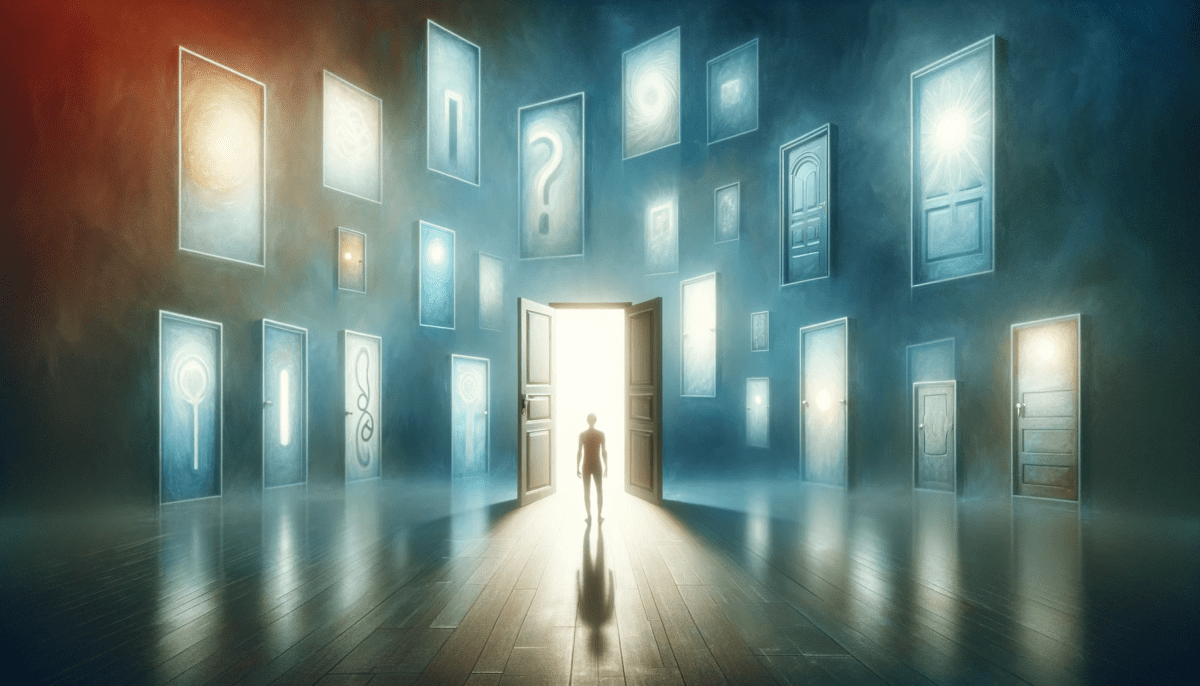

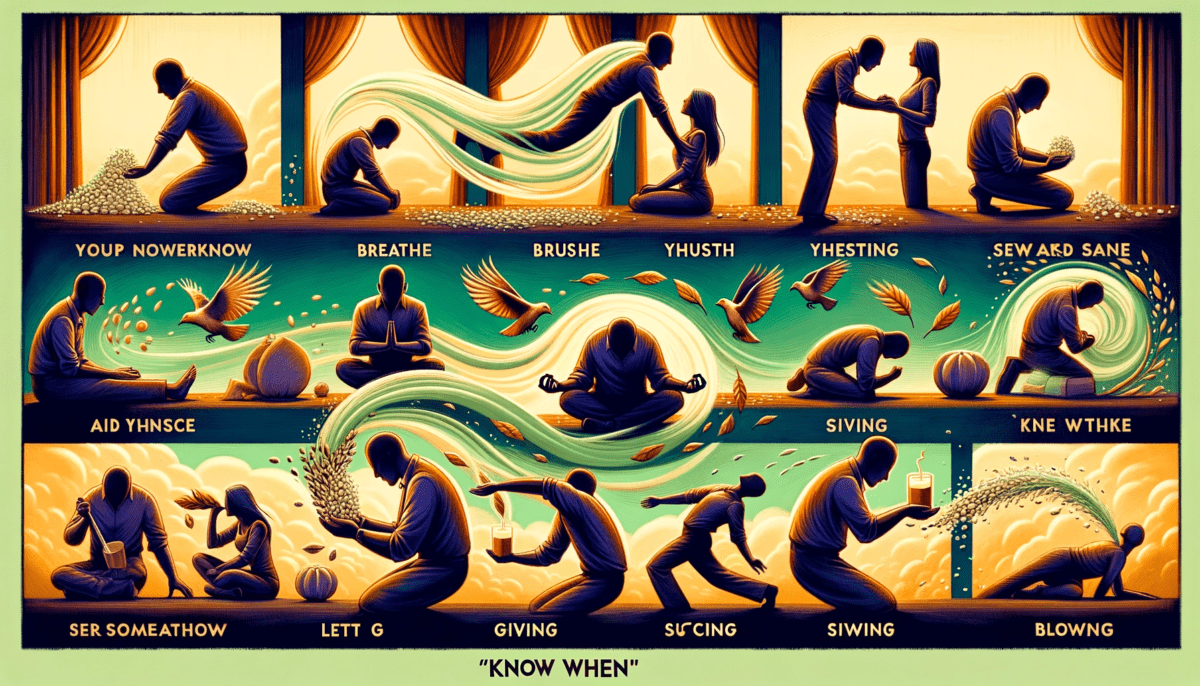




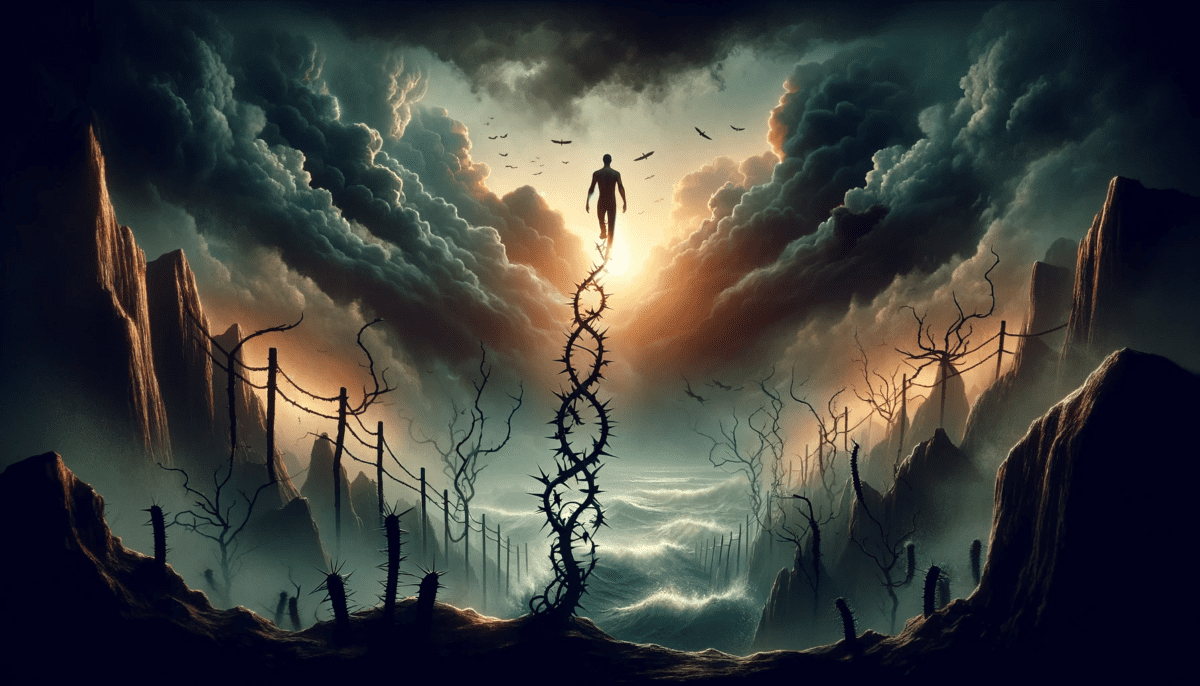
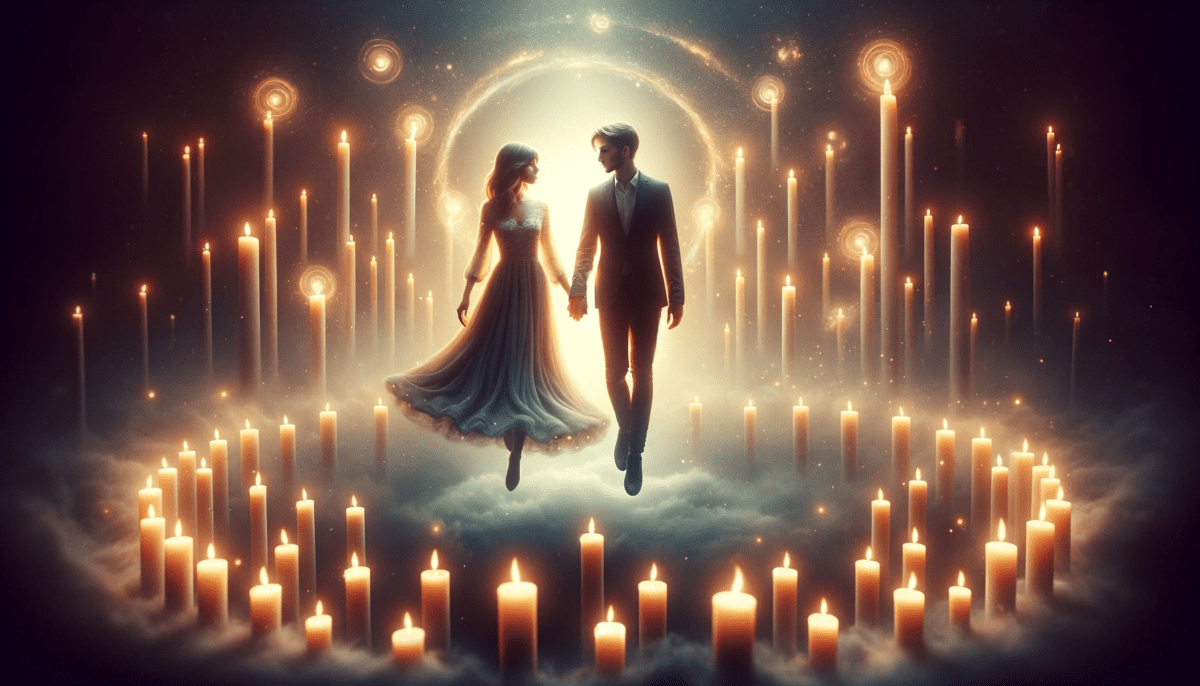
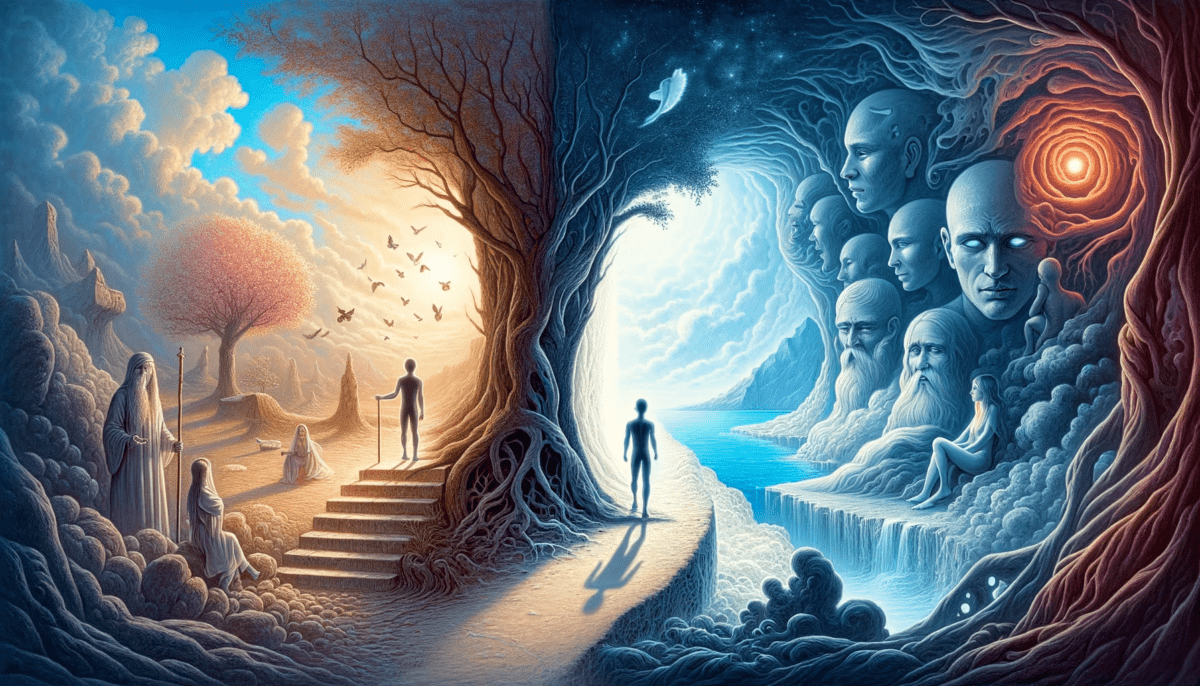
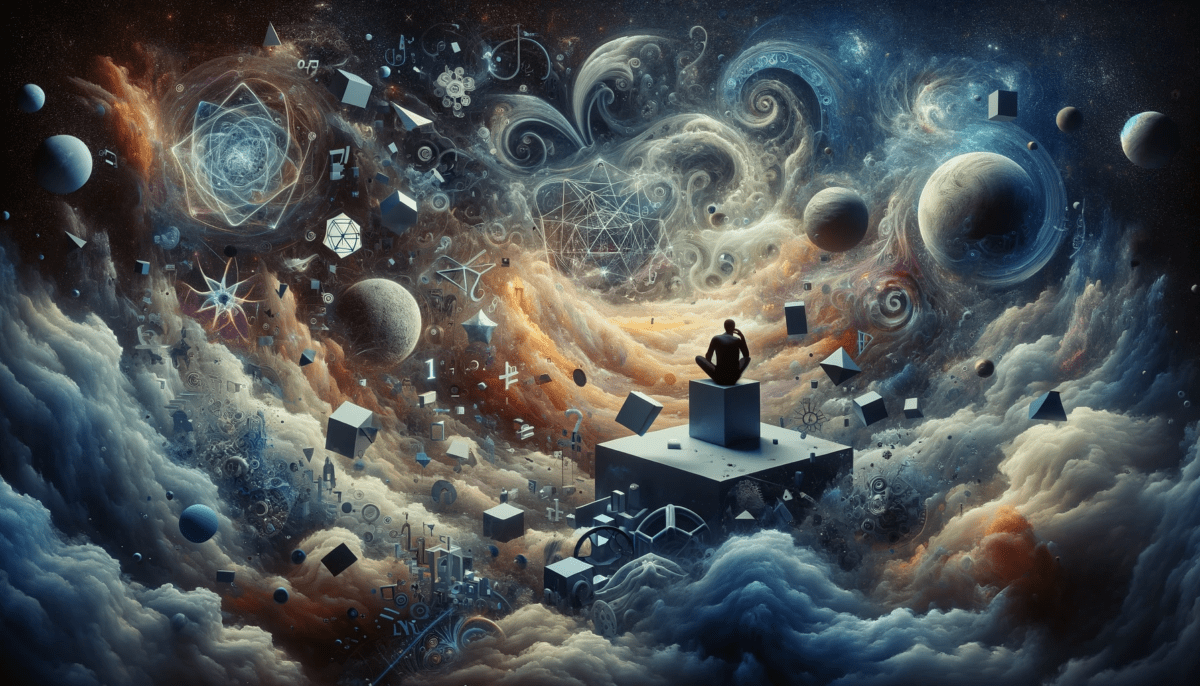






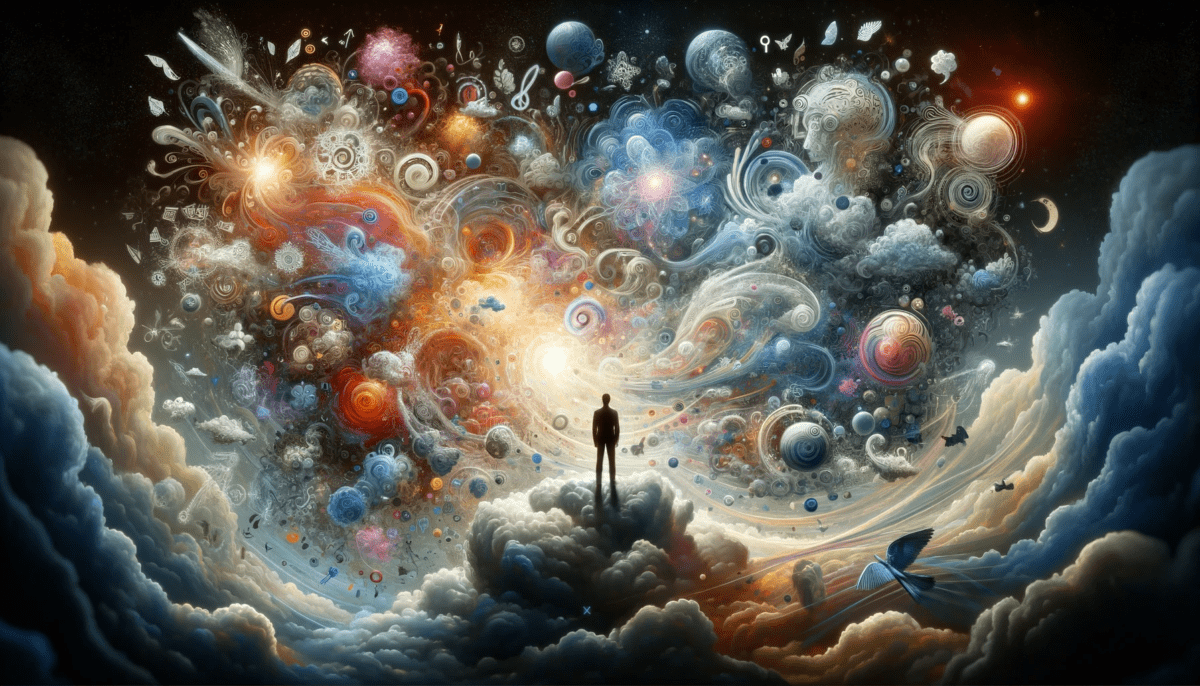

Leave a Reply